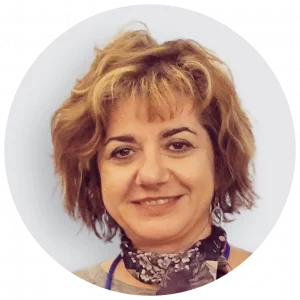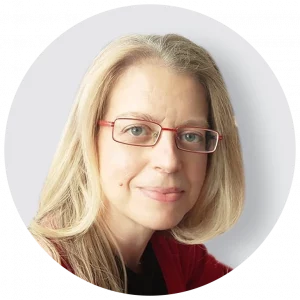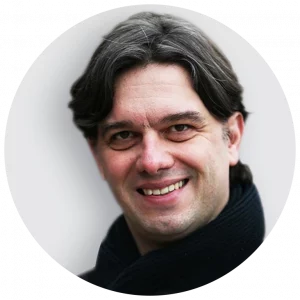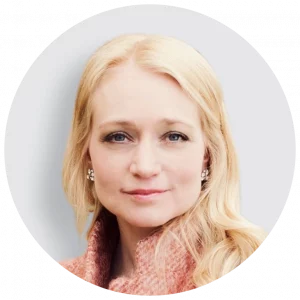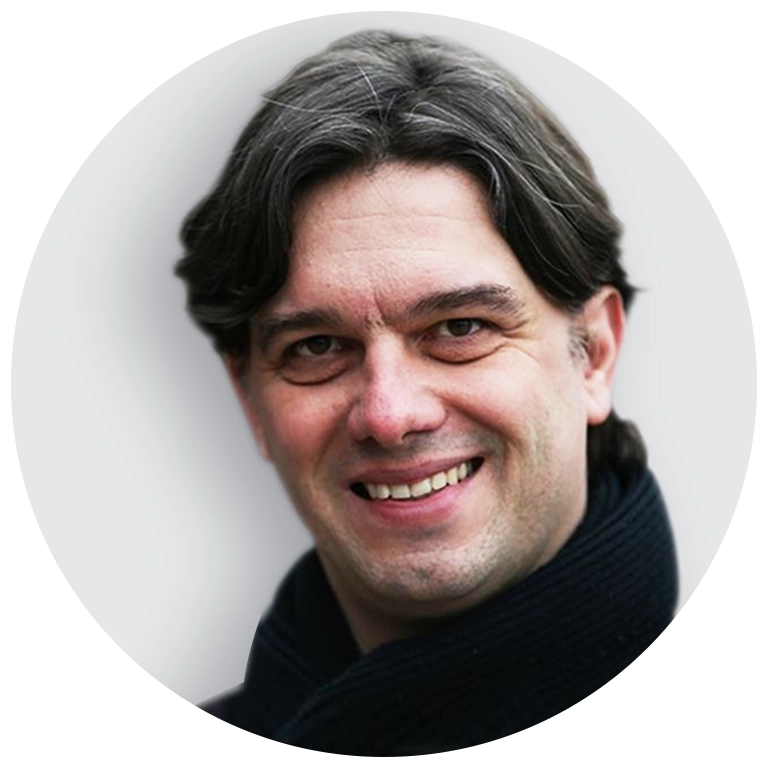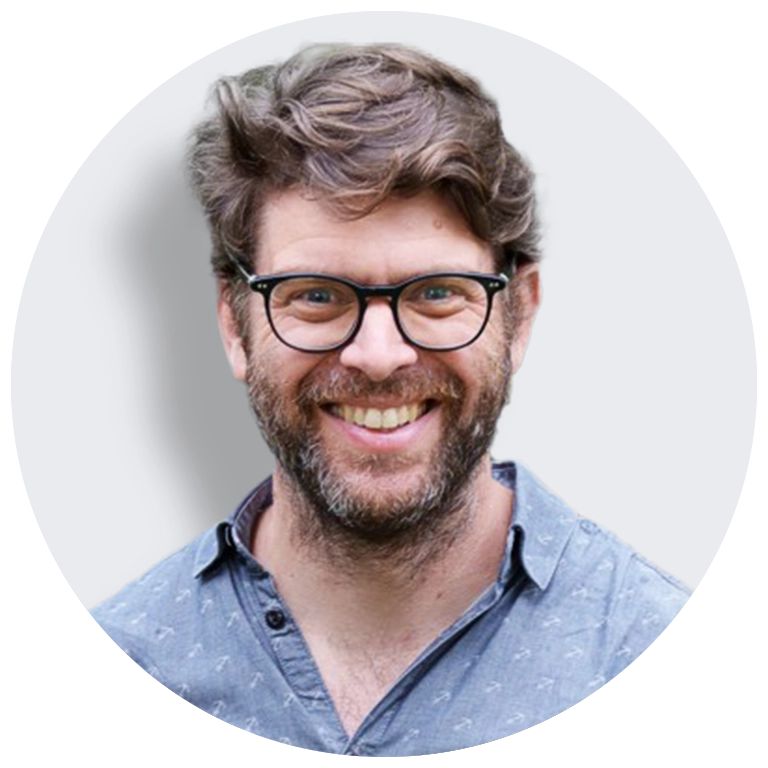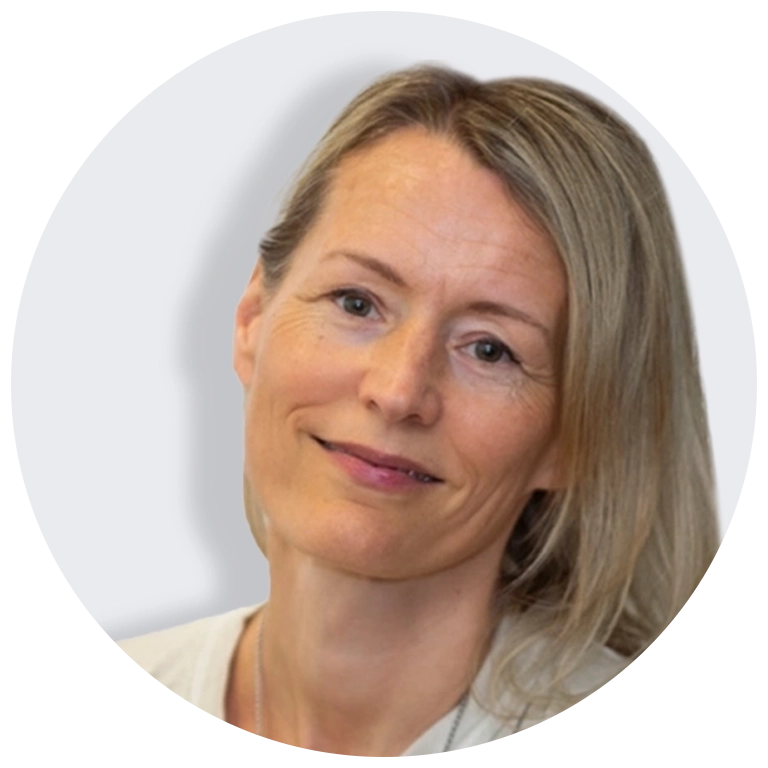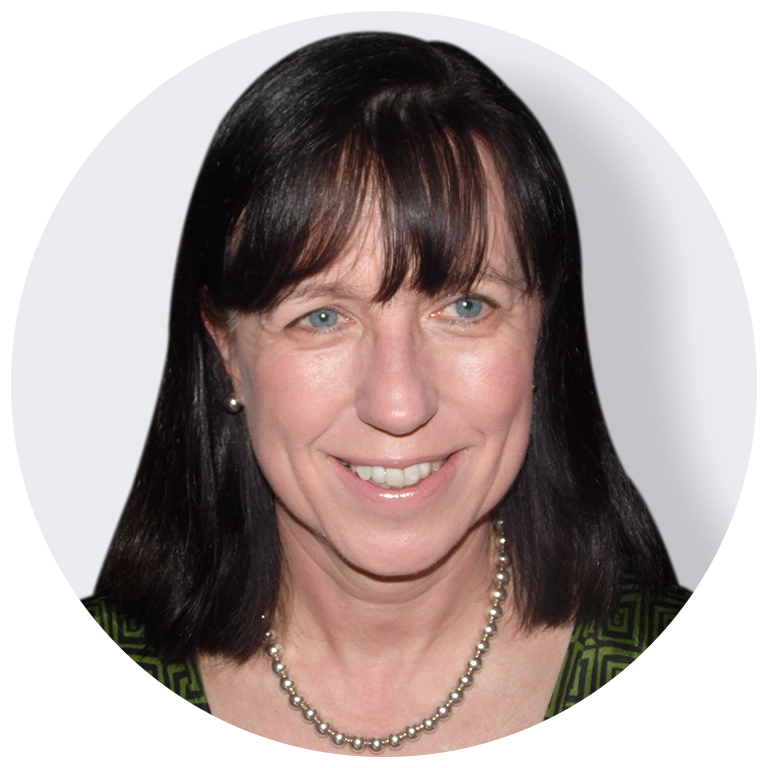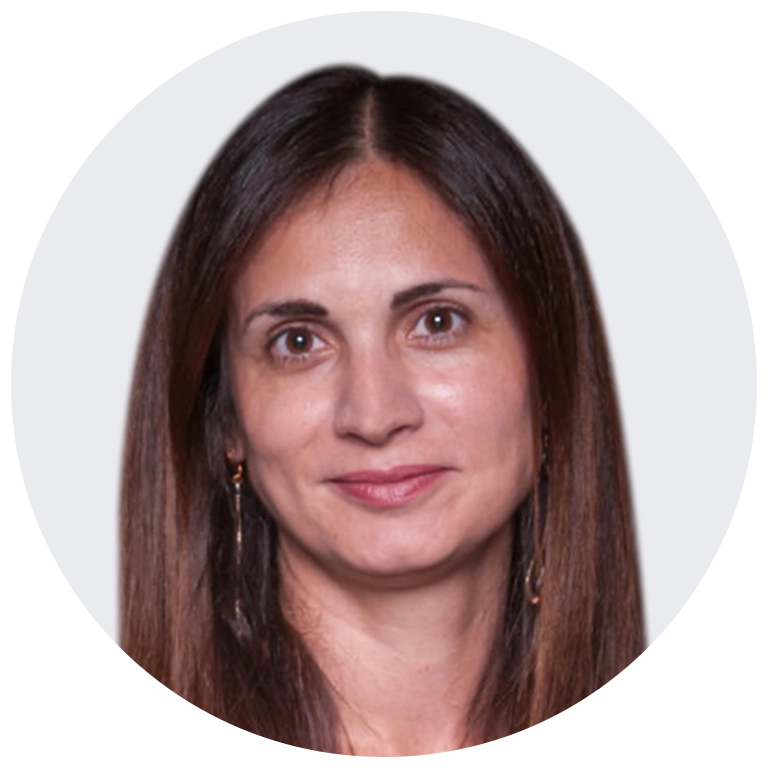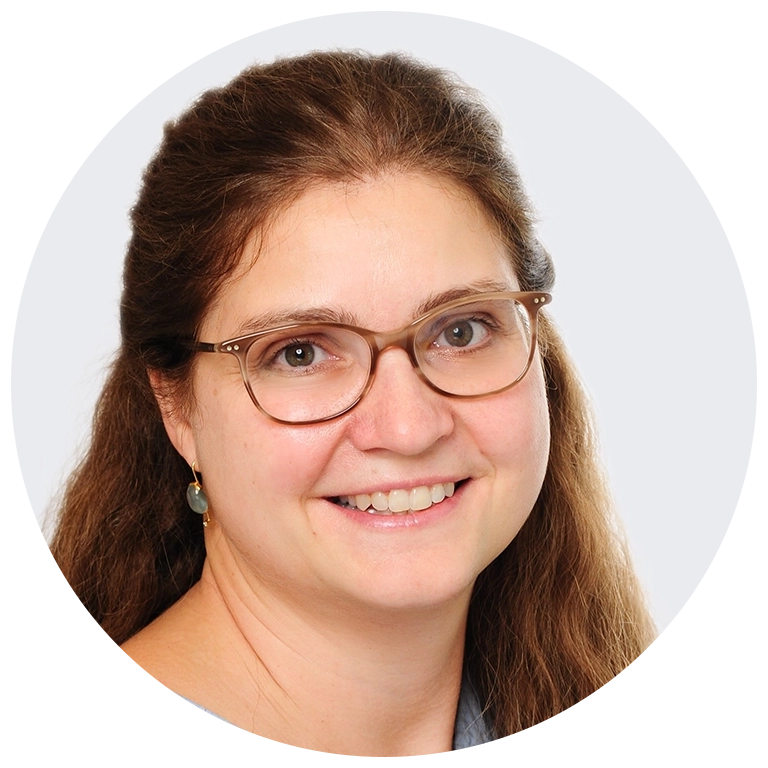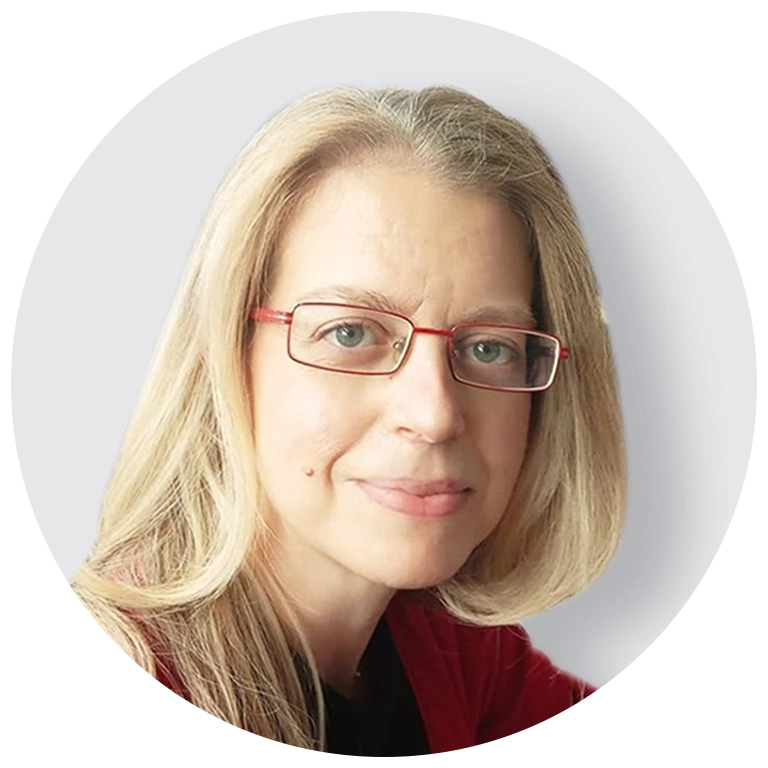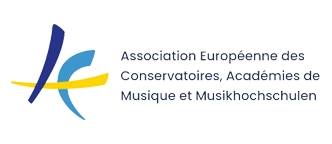Consortium and
Associated Partners
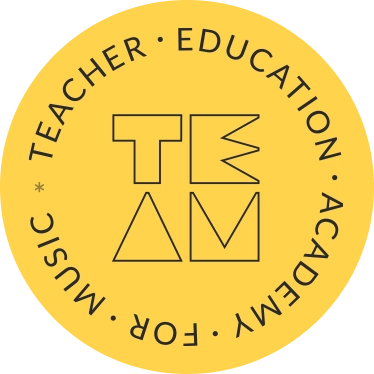
In the following the Consortium is described with their individual expertise and the resulting specific role(s) in TEAM in more detail:
Consortium
Associated Partners
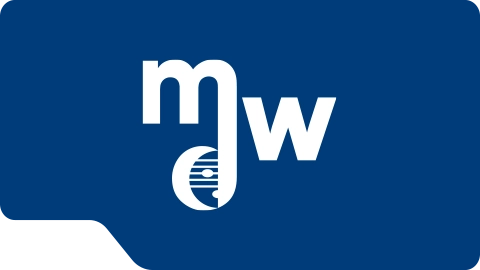
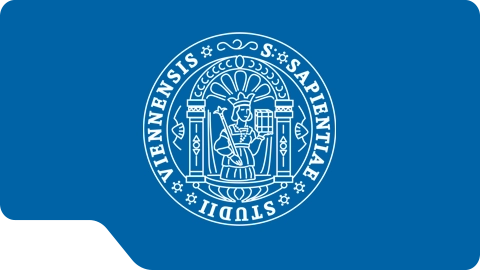
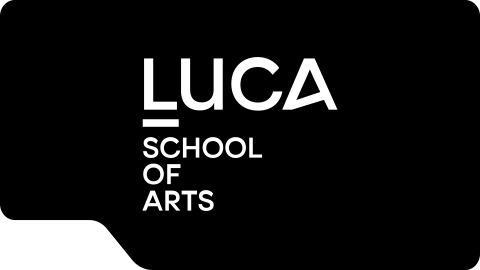
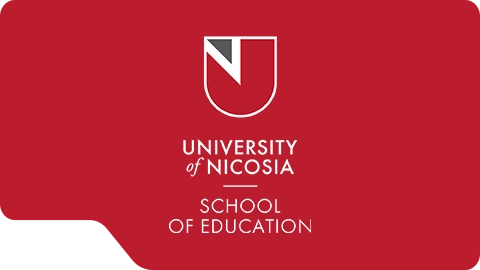


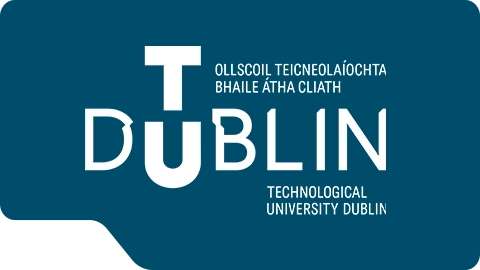
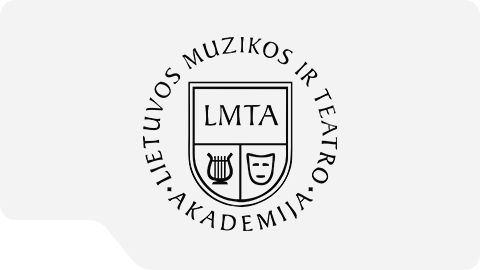
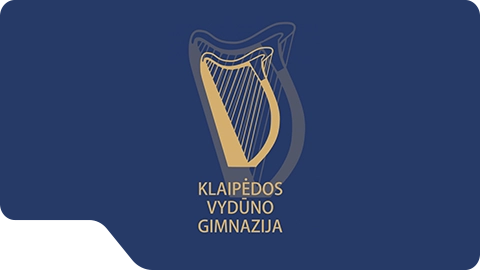
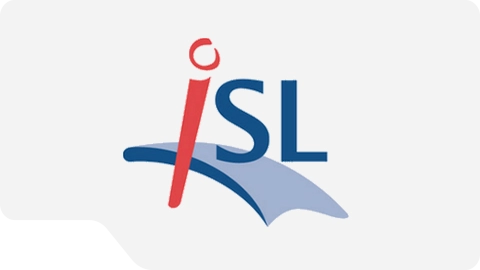
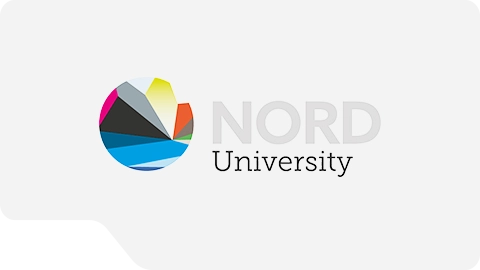
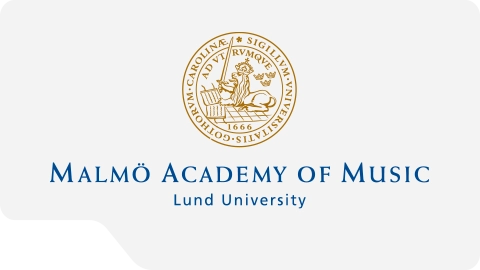
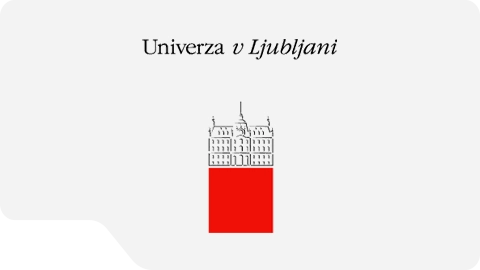
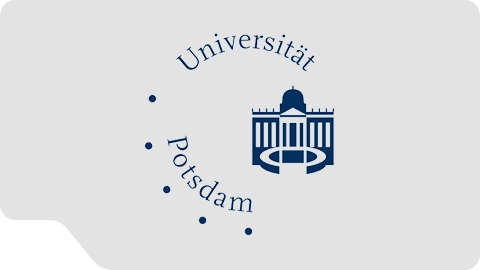



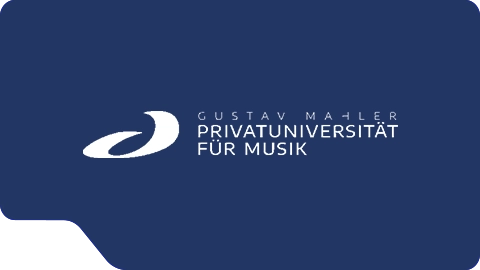
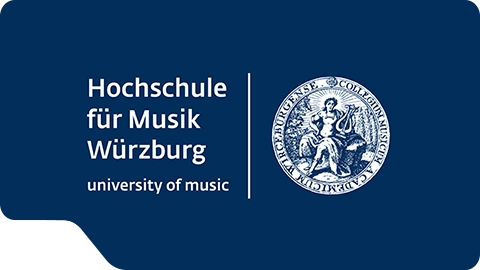
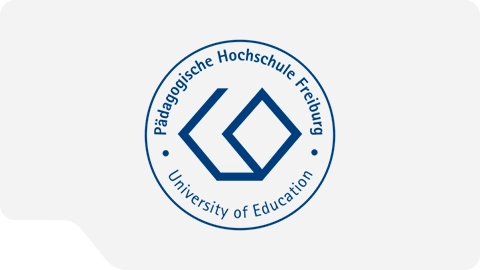

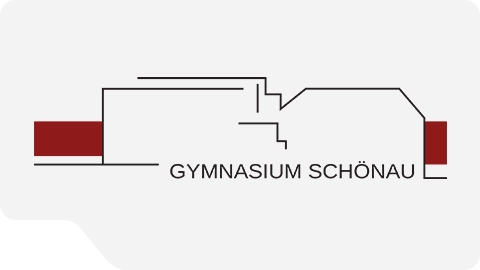
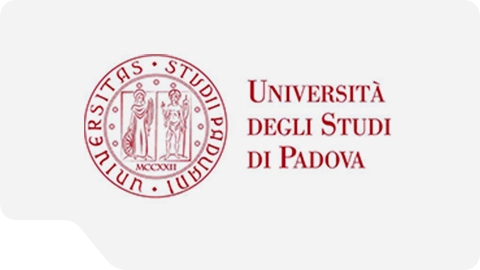
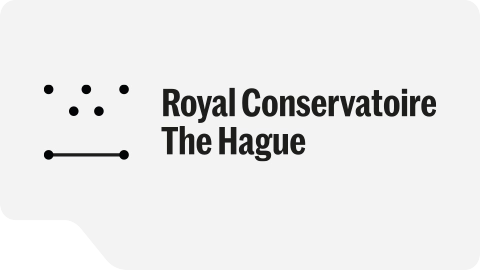

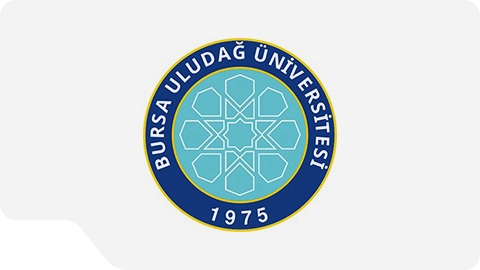
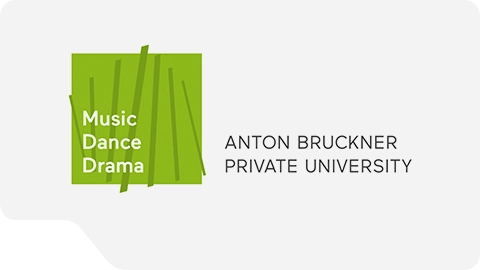
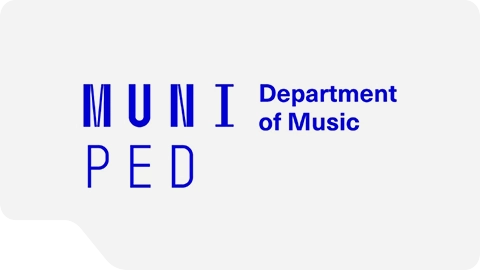
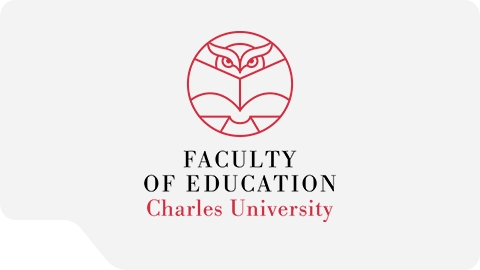






















Working in team:

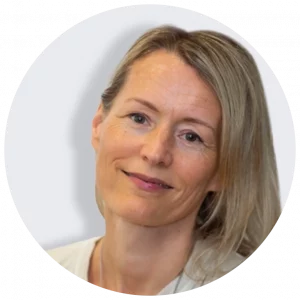
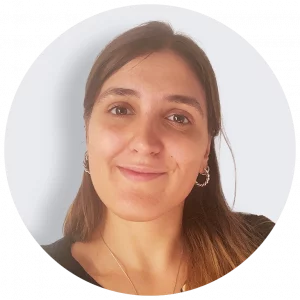

The mdw – University of Music and Performing Arts Vienna is among the largest and most renowned universities for performing arts (music, theatre, film) and related academic disciplines (2nd in 2022 QS World University Ranking), offering 115 degree programs at 25 departments.
Founded in 1817, mdw provides a great variety of educational and training opportunities, attracting close to 3000 students & teachers from 70+ countries. mdw presents over 1300 artistic, scholarly and scientific events each year, making it Austria's largest organizer of cultural events that are stimuli for social, educational & cultural-political discourse & innovation. The Department of Music Education Research, Music Didactics, and Elementary Music Education (IMP) is a department of scholarship and research that observes, examines and evaluates the practice of teaching and conveying music and conceives, tests and makes available ideas, concepts and materials for fields in which music education is practiced. At the forefront of this department's research and teaching is work together with students who desire to go on to initiate, accompany and promote processes of music learning in schools and other educational contexts.
Expertise and role in TEAM:
The mdw offers music teacher education for a large range of professional fields, from elementary education and secondary school classroom teaching to music schools and special inclusive settings. At the Department of Music Education Research, Music Didactics, and Elementary Music Education (IMP), a mentoring system for future classroom music teachers has been established and continuously developed for more than 3 decades, that aims to accompany student teachers as best as possible in their entry into the teaching internships. This system is based on close cooperation between a long-term-established team of mentors at schools and the university didacticians, who regularly exchange ideas and work together to continuously professionalize the school internships in the subject of music. Furthermore, in recent years the IMP has been developing innovative formats for the new “master's practical semester”, which was established as part of the reform of teacher training in Austria and is, thus, breaking new ground in linking teacher training and professional practice. Particular attention is paid to the heterogeneity of the school landscape and the resulting challenges for teacher education, as well as to the awareness for inclusive settings.
Current examples of research foci at the Department of Music Education Research, Music Didactics, and Elementary Music Education (IMP) are:
- MUDIL - Musical Distance & Digital Learning: Experiences, Effects, Perspectives (2020-22)
- Inclusive music making: Practice, Pedagogy, Aesthetics
- Using the Example of the All Stars Inclusive Band Vienna (2022)
- Music Schools - Masters of Collaboration? Creating interfaces in music education systems (2019)

Working in team:

The UENÖ – University of Teacher Education Lower Austria offers initial teacher training for primary education and secondary teacher education in cooperation with the University of Vienna.
Currently, about 600 students are enrolled in full-time programmes at the university college and 22,000 qualified teachers are enrolled in the programme for continuing teacher development and post-graduate teacher education. The UENÖ offers an 8-semester Bachelor of Education degree programme and 5 master’s programmes. Beside these Bachelor’s and Master‘s studies, the University College of Teacher Education provides a wide variety of study programmes in the field of continuous teacher education and further education for all types of teachers. The PH Lower Austria has been certified according to the international standards ISO 9001 and ISO 29990 since 2013. The certificates are also of great importance for international cooperation with universities and other educational institutions, as they are recognised worldwide as proof of quality work. Situated in Baden and founded in 2007, the UENÖ is responsible for teaching and research for all teachers in Lower Austria. In this responsibility, it faces the challenges and opportunities of "Pedagogical Education NEW" (especially their preferences: Individualisation and competence orientation; quality management and improvement of the qualification of future teachers; further development of teacher training NEW; gender aspects).
Expertise and role in TEAM:
The UENÖ wants to devote special attention and lines of development to the following aspects beyond the planned target to be conscientiously fulfilled (and presented in target and performance plans) in the core areas of the educational mission:
- Science-based quality development in teaching and research as well as in all international and national tertiary educational cooperation
- Data- and evidence-based LLL as a marker of educational success responsibility (as a social dimension of pedagogy) in the regional area, in national and international contexts
- Promotion of leadership culture as a genuine instrument of school and teaching development with all its external and internal transitions specific to school forms and school culture
- Implementation of elementary pedagogy in the educational mission
- Inclusion as a response to the self-efficacy expectation of each child in such a way that it is empowered to positively influence the quality of its own world relationship; ethical mandate for humanity
- Development and promotion of migration pedagogy and migration communication as a school location-related response to the social challenges in Europe as a continent of immigration
- Responsibility for digitization in the context of educational tasks in the classroom and in the living space of students
- Alignment of all curricula with the UN Sustainable Development Goals to assume social responsibility in the Anthropocene.

Working in team:
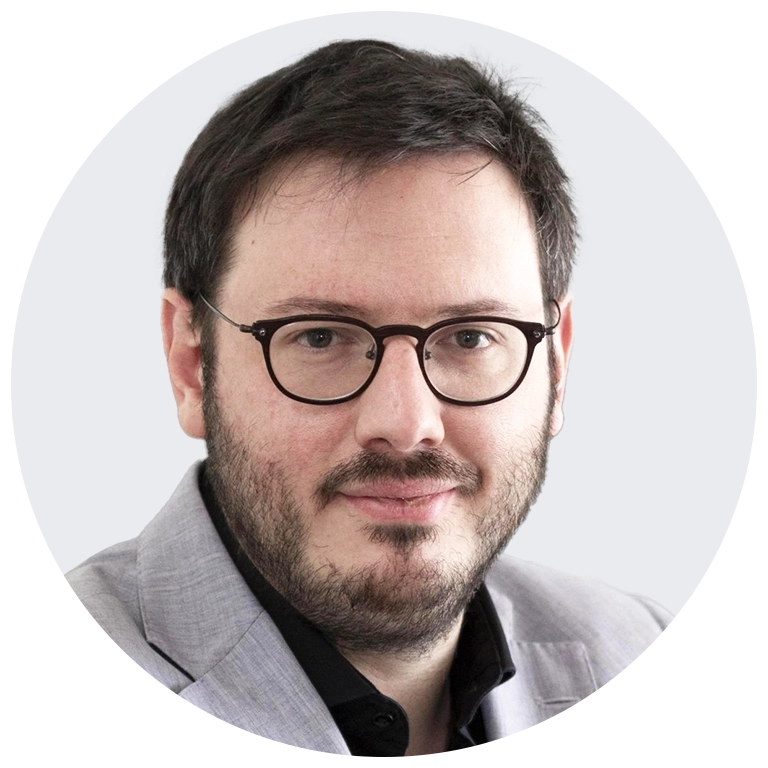
The LUCA School of Arts is the only university college in Flanders exclusively dedicated to art and design, making it unique in the region.
The art school combines the strengths and expertise of five renowned Flemish higher education institutions for art and design, spread across Brussels, Genk, Ghent and Leuven. Most of the programmes are taught in Dutch, but LUCA offers six full-English MA programmes on its campuses in Brussels and Leuven. A large number of international students study at LUCA, and LUCA owns and uses a large number of Erasmus Agreements.
Expertise and role in TEAM:
LUCA will provide its great expertise in hosting foreign students and how to enable mobility in music teacher education. LUCA will be chairing Wp6, the Learning Outcomes and use the insights into foreign MTE systems and curricula and by that steer the formulation process of the Learning Outcomes.

Working in team:
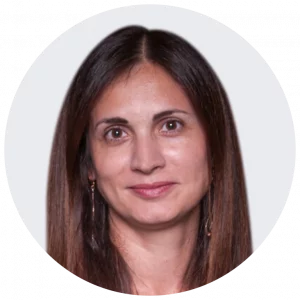
The University of Nicosia (UNic) is the largest university in Cyprus and the largest university in Southern Europe that teaches primarily in English, with over 14,000 students from 100 countries across the globe, coming together in an innovative and transformative learning space.
Internationalization is a central component of UNIC’s strategy. This includes partnerships for degree programs, student mobility, and opportunities for students’ post-graduation in academia or industry in order to share knowledge and capabilities across countries. Moreover, UNIC has been a pioneer in online education in Europe. In this regard, UNIC was recently awarded a 5-Star QS rating for Online/Distance Learning, becoming the first university in the European Union to be recognized in this way by the QS Intelligence Unit. UNIC also stands out for a number of global university firsts in its dynamic initiative in cryptocurrency and blockchain technology. More specifically, it was the first university in the world to: (a) offer a course and degree programme in the field; (b) deliver graduates from a programme of this type; (c) publish academic certificates and diplomas on the blockchain; and (d) offer instant online verification of degree authenticity. The University's global outlook and internationalization efforts have recently been recognized by a great number of rankings such as the Times Higher Education (THE) World University Rankings 2022, which ranked UNIC among the Top 800 universities in the world.
Expertise and role in TEAM:
The Department of Music and Dance belongs to the School of Education and was founded in 2005. Since then, it has grown to an unparalleled position of leadership in the performing arts in Cyprus. UNIC full-time faculty members are complemented by more than 30 adjunct instructors, all of whom are among the leading musicians, dancers, and researchers in Cyprus. Having in mind the rapid changes and the unpredictable professional world that demands increasingly high standards of theoretical and practical training, artistic and professional adaptability, and an entrepreneurial outlook the Music and Dance programmes at UNIC were designed to provide the emerging generation of artists, teachers, and scholars with a rich and diverse educational experience, founded upon the dynamic interaction of performance excellence and academic rigour. Music education is one of the thematic areas of the Music Programme and students are educated for and involved in a variety of music educational contexts in schools and other settings such as the private studio or the community. The remaining two thematic areas are Performance and Music Technology.

Working in team:



The FrM - Freiburg University of Music offers artistic and pedagogical training in a wide range of musical professions, as well as the opportunity to earn a doctorate in musicology and music education at one of the most renowned universities of music in Germany.
The Collège doctoral européen d'interprétation et de création musicales, offers an institutional framework for artistic research that is unique in the country. 120 students are enrolled in the BA-MA-programme for music teacher education. Key features of the programme are artistic excellence in a broad range of musical styles, coherence between theory and practice, research-based teacher education and an orientation towards the professional practice. Together with Albert-Ludwig University Freiburg and Freiburg University of Education FrM is part of the School of Education FACE that offers teacher education from primary to secondary education. By combining the strengths of the participating universities at the highest scientific level, the prospective teachers are prepared to successfully master the diverse and complex demands of the teaching profession. Through competence-oriented and coherent teaching, through systematic encouragement to reflect on theoretical and practical experience and through a high level of academic orientation, the future teachers acquire knowledge in subject sciences, subject didactics and educational sciences. Close collaborations with a network of public schools are opening up opportunities to gain practical experiences during the studies. International networks are well established by long time collaborations with ISME and EAS as institutional member as well as close partnerships with numerous highly renowned Music Universities and Music Teacher Education Institutions in Europe and the world
Expertise and role in TEAM:
The music education department's experience in coordinating funded research projects with grants up to 2 Mio € and the staff members' longtime work experiences in different roles and responsibilities in international professional networks qualifies FrM to coordinate the steering committee of TEAM and take responsibility in the project lead. Further, FrM provides expertise in research in music education offering ideal opportunities to support reconstructive and design- orientated studies as planned TEAM. Coordinating research and development of future-making learning offers in WP3 will be supervised by experienced researchers. At the same time the research assistants working in TEAM will benefits from colloquia and interpretation workshops organized for and by researcher working in the fields of digitalization, sustainability, creativity, cultural diversity, democracy and creative music making in the music classroom. Further, a well-established international network in music education offers ideal opportunities to develop and test internship abroad and student mobility formats.

Working in team:
The NKUA - University of Athens is the oldest and largest University in Greece.
It was founded in 1837 and was the first University in Greece as well as the Balkan peninsula and Eastern Mediterranean region. The National and Kapodistrian University of Athens is ranked 41st in the world, 10th in Europe and 1st not only among Greek Universities but also among Universities of the Balkan and Mediterranean areas. 68,500 students are currently enrolled in 43 undergraduate and 200 postgraduate programmes or pursue doctoral studies. The mobility activities foreseen for the academic year 2020-21 are based on 888 Erasmus and bilateral international cooperation agreements between the NKUA and 466 Universities from 62 countries worldwide. It is comprised of nine Schools with many Faculties in each: School of Agricultural Development, Nutrition and Sustainability, School of Economics and Political Sciences, School of Education, School of Health Sciences, School of Law, School of Philosophy, School of Physical Education and Sport Science, School of Science, School of Theology) The Institution has a great tradition in research and international cooperation with Universities and Institutions around the world.
Expertise and role in TEAM:
The Faculty for Musical Studies (ΤΜΣ) is part of the School of Philosophy and has been operating since 1992. It is one of the five higher education Faculties in Greece offering musical studies at this level, serving also as the main pool from which future music teachers are selected. Every year it accepts around 70 students that have passed the nation-wide general examinations for entrance in higher education as well as specific music exams. The Faculty of Music Studies at the NKUA offers a five-year undergraduate course that awards and Integrated master’s degree with a choice between four directions/specializations:
- Historical & Systematic Musicology
- Ethnomusicology & Cultural Anthropology
- Byzantine Musicology
- Music Technology
Music Education is included in all four specializations and in order for the graduation of any of the above- mentioned specializations to be eligible to teach in primary and secondary schools as a music specialist, students have to complete a module specifically designed for pedagogical and music teaching preparation, accredited by the Ministry of Education. One of the 6 Laboratories of the Faculty of Music Studies is the Laboratory of Music Education (S. Chrysostomou, Director) with a main goal and vision to research and support music as a form of communication, creative expression and knowledge within a variety of environments, formal, in formal and non-formal. The Music Education Lab coordinates the music teaching and pedagogical accreditation, organizes and oversees the practicum (teaching practice) in public and private schools in the wider region of Athens (Attica) and organizes a number of research and professional development activities for students (undergraduate and postgraduate) as well as the growing community of music teachers-mentors. The School of Philosophy and the Faculty of Music Studies have participated in many research projects with national and European funding.

Working in team:

The TUD – TU Dublin is Ireland’s first technological university. The university has recently moved to a new state-of-the art campus in the heart of Dublin city.
TU Dublin is a globally engaged, comprehensive, research-informed university. It hosts a thriving research community engaged in applying innovation and technology to solve the most pressing challenges facing business, industry, and society in a dynamic environment. It aims to be a leader in targeted research areas and make ground-breaking contributions to the ever-changing needs of the world’s society and the economy.TU Dublin has an excellent record of accomplishment in the pursuit of research excellence that has, and continues to shape the world we live in, and informs best practice in a broad range of activities including education, training, creativity, and the pursuit of ground-breaking developments for the benefit of all kinds of Industry, Enterprise, the Arts and the Community.Research is underpinned by an applied focus, which is enshrined in the institution’s mission as a Technological University, always keeping in mind the value and benefits of outputs at regional, national, and international levels. The university continues to build on its research strengths in key thematic areas (Environment, Energy & Health; Information, Communications & Media Technologies; New Materials & Devices; Society, Culture & Enterprise), delivering quality research and graduating research students of the highest calibre. TU Dublin is committed to ensuring the highest standard of integrity in all aspects of research and has endorsed the National Policy Statement on Ensuring Research Integrity in Ireland. Similarly, there is a commitment to the National Open Access and Plan S, in order that research outputs are as freely available as possible. TU Dublin Conservatoire is one of five schools within the Faculty of Arts and Humanities. It covers the broadest range of performing arts disciplines in Ireland with undergraduate and postgraduate degree programmes and a range of related research in music including performance (in classical, Irish traditional music, jazz, commercial and modern music) music education (classroom teachers and instrumental/vocal music education), composition, musicology, church music, commercial modern music) and drama (performance, facilitation, direction and education). The Bachelor of Music Education (B Mus Ed) programme (which is run in conjunction with Trinity College Dublin and the Royal Irish Academy of Music) prepares students to teach Music in secondary schools and has a high rate of graduate employment. The Conservatoire is committed to a strong integration of practice and theory in all programmes and is fortunate in having strong links with the arts and education professions through staff networks. The Conservatoire has the largest music research department of any conservatoire or university music department nationally. As part of its strong research culture in music education and theoretical and practice-based artistic research, the school encompasses a range of interdisciplinary collaborations and is home to the Research Foundation for Music in Ireland.
Expertise and role in TEAM:
TU Dublin offers music teacher education for those wishing to teach Music in secondary schools (B Mus Ed) and for those students who wish to qualify as instrumental/vocal teachers (B Mus Ped). The B Mus Ed programme is run in collaboration with Trinity College Dublin and the Royal Irish Academy of Music. Faculty members are active researchers with specialisms including music curriculum development, music teacher education (classroom music and instrumental/vocal), assessment in music education and artistic research. There is a strong emphasis on collaboration both within the university and with external partners. The development of CPD programmes for music teachers is part of the strategic plan for the school.

Working in team:
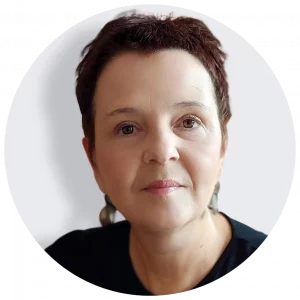
The LMTA – Lithuanian Academy for Music and Theatre prepares musicians, actor, director, sound operator, art historian, theatrologists, film science specialists and educators in these fields, lecturers, critics, publishers, managers and administrators.
The LMTA has approximately 1000 students and 712 employees. Study arts and sciences activities are carried out by 3 faculties, 27 departments and there are 4 studios at their disposal, 1 section, 8 centres. LMTA offers accredited study programmes registered in the Register of Study and Solvency Programmes – 22 Bachelor programmes, 16 Master programmes, 2 arts doctorate (D.A.) programmes and 2 PhD programmes.
Expertise in TEAM:
The Lithuanian Academy of Music and Theatre (LMTA) Higher University Teaching and Educational Institution is a specialised university of arts with a mission is to ensure sustainable development of art and research activities, participate in the shaping of the national artistic education and cultural policy, foster spiritual harmony and national identity of society, educate the most artistically gifted youngsters into creative, proactive, entrepreneurial people who are open to Lithuania and the world. LMTA vision: an open and creative academic art and research community that inspires breakthroughs in culture and creates values. The LMTA collaborates with creative industry and social partners to promote young artists and boost cultural development. Every year the Academy hosts around 500 artistic events, the great majority of which are public and free of charge. Research, artistic research and educational achievements are published in the scientific journals and are presented at national and international conferences.

Working in team:
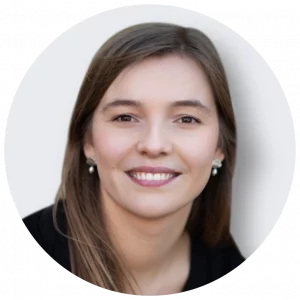
The KVG – Klaipeda Vydunas Gymnasium is a modern and open-for-changes organization, which has a unique educational culture, and yet is in progress of learning.
The school helps its students to acquire general and artistic competences, which correspond to primary, basic and secondary education. The KVG aims at teaching humanistic cultural traditions and values, forming personalities, which are creative and responsible, able to communicate and cooperate, operate effectively in modern society. Gymnasium activities are determined by the specifics of unique educational system – students’ humanistic culture education through artistic activities – implementation. This educational direction is based on an idea that traits and provisions acquired in artistic activities can be successfully used in other educational subjects, various activities and lifestyle, while enriching them during the process of learning.
Expertise and role in TEAM:
The school programme is largely oriented toward artistic education, with music education being at the heart of school life. The school is constantly participating in various EU projects and has a staff experienced in these activities.

Working in team:
The ISL - International School of Luxembourg is a thriving Preschool to 12 grades International School.
It provides an outstanding education and inspires its students to engage in both academic and enriching co-curricular programmes. Students enjoy school and set high expectations for themselves. The community is continually rewarded by their achievements. ISL believes knowledge and skills are essential to function successfully within both the community of the school and the multilingual, multicultural societies in which we live. ISL provides their students with the opportunity and motivate them to develop skills to become lifelong learners, enabling them to take responsibility for their own learning and well-being. ISL recognises the importance of intellectual, physical and emotional challenges by providing diverse learning, creative, social, active and service opportunities. It offers world-recognised programmes of achievement and differentiated instruction to support the needs of our diverse community. ISL does not accept any form of discrimination. The school offers an environment where children of different backgrounds, genders, nationalities, cultures and beliefs can learn to know, understand and respect each other.
Expertise and role in TEAM:
The ISL is the ideal place for first steps in mentoring international and school internships in music: There is a great awareness of intercultural learning and anti-discrimination, the music rooms are very well equipped and there are many opportunities for music students to play music and for students to live creatively. The music teachers are experienced in mentoring students from abroad – as an international training school. They can feed well into all questions of how to set up a reliable structure for school internships abroad in music as well as for qualitative mentoring.

Working in team:
The NUL – Nord University Levanger is committed to delivering relevant educational programmes and research, with a focus on blue and green growth, innovation and entrepreneurship, and welfare, health and education.
Nord University was founded on January 1st 2016 and has 11,000 students and 1,300 employees. Nord University has established collaborations with international partners in the High North and around the globe. Established joint degree programmes and research projects with, among others, Russia, the Ukraine and Slovakia, build on strong educational networks. Nord University admits exchange students from partner institutions from around the world and supports a lively and diverse student community. The Faculty of Education and Arts at Nord University offers a wide range of education, including primary teacher, pre-school teacher, postgraduate teaching, sports, art and music education. Furthermore, the faculty conducts research and artistic development work that contributes to the development of the faculty's educational areas and the field of work we educate for. Innovation based on professional praxis in schools and kindergartens, and children's and young people's formation and education in a holistic growing environment are central. The music department is a central part of the faculty and has currently over 150 students registered on its two Bachelor and two Master programmes. Moreover, the department hosts the nationally and internationally renowned research group “music related learning processes”. The research group consists of 5 PhD students and 9 senior researchers, conducts several larger research projects, organizes annual conferences and is one of the founding members of the Norwegian research network “music education in development” (MiU).
Expertise relevant for TEAM:
The Faculty of Education and Arts at Nord University is one out of only three institutions in Norway hosting music teacher education programmes for all school types (kindergarten, primary school, secondary school, music school) and for students with music as a major subject as well as for students with music as a minor subject. The music department has a long- standing reputation for demonstrating commitment to supporting educators and practitioners to carry out and utilize research findings in their practice. The department addresses the needs of teachers directly through offering continuing education modules and by creating and sustaining communities of learners by means of practice mentoring teams. The research group has extensive experience in conducting international research projects. In this context, several research projects directly relevant to TEAM have been carried out in recent years - for example, projects on practice phases in music teacher education, on the multimodal further development of mentoring in music teacher education, and projects on interdisciplinary collaboration between teachers of different arts.

Working in team:
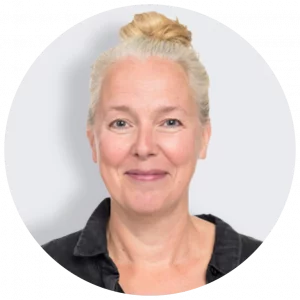

The MAM – Lund University, Malmö Academy of Music is part of the Faculty of Fine and Performing Arts at Lund University, Scandinavia’s largest institution for higher education and research, with a total of 47 000 students.
Other than MAM, the Faculty of Fine and Performing Arts include the Malmö Arts Academy and the Malmö Theatre Academy. MAM has 800 students, whereof the majority study on 1st and 2nd level performance programmes or on the music teacher programme. The academy also offers a wide range of short courses. 3rd level PhD programmes are given in Music Education and Artistic Research in Music. MAM has a developed an international programme with well-reputed partner institutions, primarily in Europe. International relationships have been formed through partnerships, guest lecturers, teacher and student exchanges and recruitment. The academy offers a creative and stimulating educational environment with a focus on sustainable development. MAM has obtained an environmental certification and works with goals connected to The Agenda 2030, for example, by developing music in society through collaboration.
Expertise and role in TEAM:
The discipline of Music Education has a future-oriented and international approach, focusing on creativity, intercultural music education and advocacy – promoting quality music learning opportunities for all. The discipline of Artistic Research in Music studies is the complexity of real-world artistic production and practice with an experimental attitude towards how art creation and research impact one another. A line of inquiry also concerns how technical tools may acquire epistemic status and impact the underlay of creative outputs. The newly employed Agenda 2030 PhD candidate at MAM (Lina Van Dooren) aims at contributing to the development of social sustainability through researching possible connections between students’ learning in music lessons and their societal engagement. In today’s changing and multi-faceted society, MAM has the ambition to take part in shaping the musical landscape of the future. MAM works systematically with issues in the areas of gender, one-to-one teaching and sustainability. Most research projects at MAM engage with questions of power since they are conducted by music teachers and musicians who investigate teaching and/or performance. Traditional conceptions of, for example, audience-performers relationships or gender positionings in music making are investigated and questioned and projects sometimes create public debate. Examples of diversity projects, in the rock and jazz departments with regard to gender equality issues, are seminars on the role of the orchestral conductor from a gender perspective. MAM forms part of the European conservatory tradition, which holds a wealth of experience concerning successful one-to-one teaching as well as asymmetrical relationships, which may be difficult for individual students and teachers to decode and influence. Experiences from this ongoing work are shared continuously in a national network of all Swedish HME institutions.
MAM regularly hosts national and international conferences such as, for example, EAS (European Association for Music in Schools), 2019; NNME (Nordic Network for Master, Education in Music Education), 2019, and the Swedish Society for Music Research Conference, 2020.
MAM is one of four partners in the GENUS consortium which organizes a yearly conference on gender and equality perspectives in music education. Lars Andersson, Programme Director at the MAM Music Teachers’ Programme, is on the board of GENUS and is also the chair of the AEC Pop and Jazz Platform 2017- 2020.

Working in team:
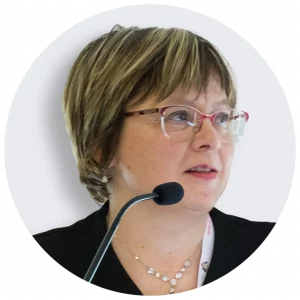
The AML - Akademija za glasbo Ljubljana is the only Slovenian higher learning university institution for the entire field of music, and as such it has a national significance for the development of Slovenian music composition, performance and education fields.
It connects 180 teachers and approximately 450 students. The basic mission of AMLis offering Bachelor’s, Master’s and Doctoral university learning programmemes as well as further education and permanent education programmes for musical arts and music education professions. The AML offers two Bachelor's programmes: Musical Arts and Music Education, four Master's programmes: Musical Arts, Instrumental and Vocal Education, Music Theory Education, and Music Education. In collaboration with other members of the University of Ljubljana, AML conducts and develops research activities in the humanities and social sciences. The Interdisciplinary PhD in Humanities and Social Sciences is a joint programme offered by the Faculty of Social Sciences and the Faculty of Arts in collaboration with the Academy of Music, the Faculty of Mathematics and Physics, the Faculty of Computer and Information Science, and the Faculty of Theology. AML offers two doctoral fields of study: Music education and Composition and music theory. The AML research group joins the scientists and researchers who deal with research questions in the fields of subject-related teaching methods, musicology, music theory, composition, and the performance of music. Its aim is to create new knowledge and produce new works of art, which can be directly translated into classroom practice, which can enrich music and cultural life of the general population on the national scale, or which can be used to represent the country’s research activity abroad.
Expertise for TEAM:
The AML research group is involved in the undergraduate and postgraduate study programmes. Its members cooperate with members of research groups from other fields and with recognised artists, thus complementing their specific expertise with knowledge of other professions as well as with direct artistic experience. They participate in Slovene and international programme groups and research networks, attend Slovene and international scientific conferences and symposiums and are involved in music- performance projects. Their research work is published in scientific and professional monographs and other publications, while their artistic creations are presented to the public at live performances as well as on various sound and picture carriers.The AML Department of Music Education is the main Slovene centre for the development of music education as scientific discipline. It organises international scientific symposiums, issues the only Slovene music education scientific journal with an international editorial board Glasbenopedagoški zbornik Akademije za glasbo v Ljubljani / The Journal of Music Education of the Academy of Music in Ljubljana. University teachers’ scientific and artistic activities and involvement of music education students in scientific and artistic projects stimulates further professional development of all stakeholders. Expertise and musical knowledge are directly tested during teaching practice, also representing a way of promoting life-long learning and professional development of teachers mentors who host students in their classes. Teaching practice represents a rich circuit and exchange of experienced teachers’-mentors’ expertise, on the one hand, and new pedagogical ideas, musical contents, literature, learning methods and strategies brought by students on the other.

Stefan Pausch
pestalozzi.pausch@gmail.com


Geocoding Error Occured.
Tried to Geocode:
Error Type:
Please be sure to follow the tutorial on how to setup the Google APIs required for the Advanced Google Map Widget.
Google Map API Key Tutorial